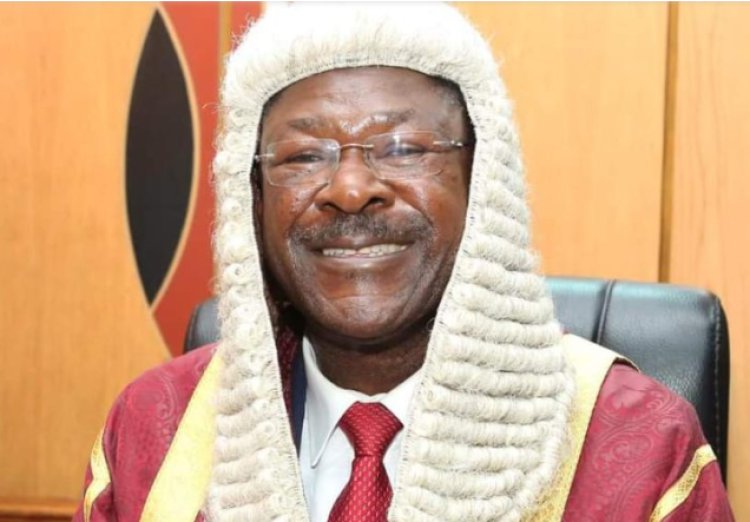MPs Want to Bring Back Sitting Allowances
Just two weeks after being sworn in, members of the 13th National Assembly (MPs) have started negotiating with the Salaries and Remuneration Commission (SRC) to have their sitting allowances reinstated.

"I spoke with the SRC chairwoman this morning to voice your outrage at the reductions in MPs' benefits. Speaking as the Speaker of the National Assembly and Chair of the Public Service Commission, Mr. Moses Wetangula said, "I called them to order on a few things and I guarantee you that I will be making a statement before Wednesday.
Given the varied topography of the nation, Mr. Wetangula claimed that conversations with the SRC also cover the engine sizes of the vehicles that MPs will purchase.
With effect from August 9, 2022, the SRC eliminated the sitting and mileage allowances, saving the taxpayers, according to SRC deputy chairwoman Dr. Amani Komora, between KES 1 billion and KES 1.5 billion annually.
The National Assembly has 349 members, while the Senate has 67. Both bodies receive a uniform KES 5,000 per plenary sitting allowance. The Senate meets three times weekly, compared to the National Assembly's four sittings every week.
 Salaries and Remuneration Commission (SRC)Chairperson Lyn Mengich. PHOTO FILE
Salaries and Remuneration Commission (SRC)Chairperson Lyn Mengich. PHOTO FILE
The MPs' wages were established by the SRC at KES 710,000, including KES 134,000 for housing expenses.
Similar action was taken in July 2017 when the commission eliminated MP sitting expenses, cut the base salary by KES 90,000 to KES 621,250, and eliminated the KES 5 million car grant that was paid to each lawmaker.
The revisions were, however, overturned by the High Court in response to an appeal from the MPs.
Before the commencement of the fiscal year 2023–2024, the SRC will now evaluate the salaries of legislators for the following year.
Kenyan legislators were ranked as the second-highest paid lawmakers in the world in 2013, surpassing their counterparts from the developed economies of the United States, Britain, and Japan, according to a 2013 study by the International Monetary Fund (IMF) and Independent Parliamentary Standards Authority (Ipsa), both based in the United Kingdom.
The MPs' basic wage, which did not include allowances, was 76 times Kenya's GDP per capita at the time, which was KES 84,624.
Four out of the top five highest-paid MPs in the world are African, according to the survey, with the top five countries being Nigeria, Kenya, Ghana, Indonesia, and South Africa.

 Steve Mburu
Steve Mburu 
























